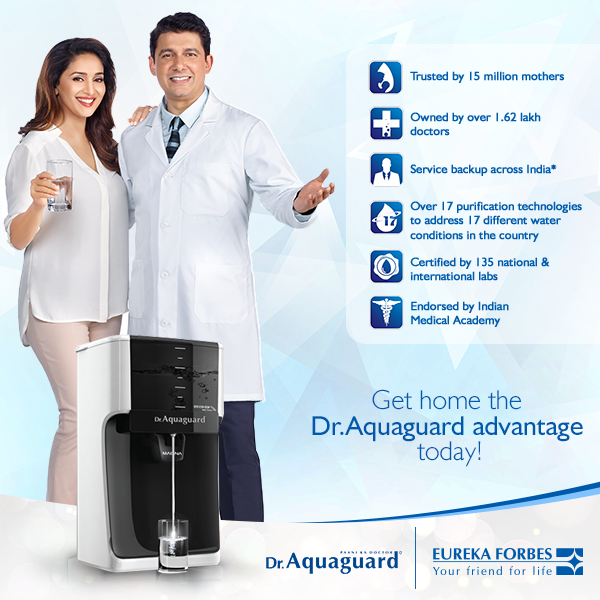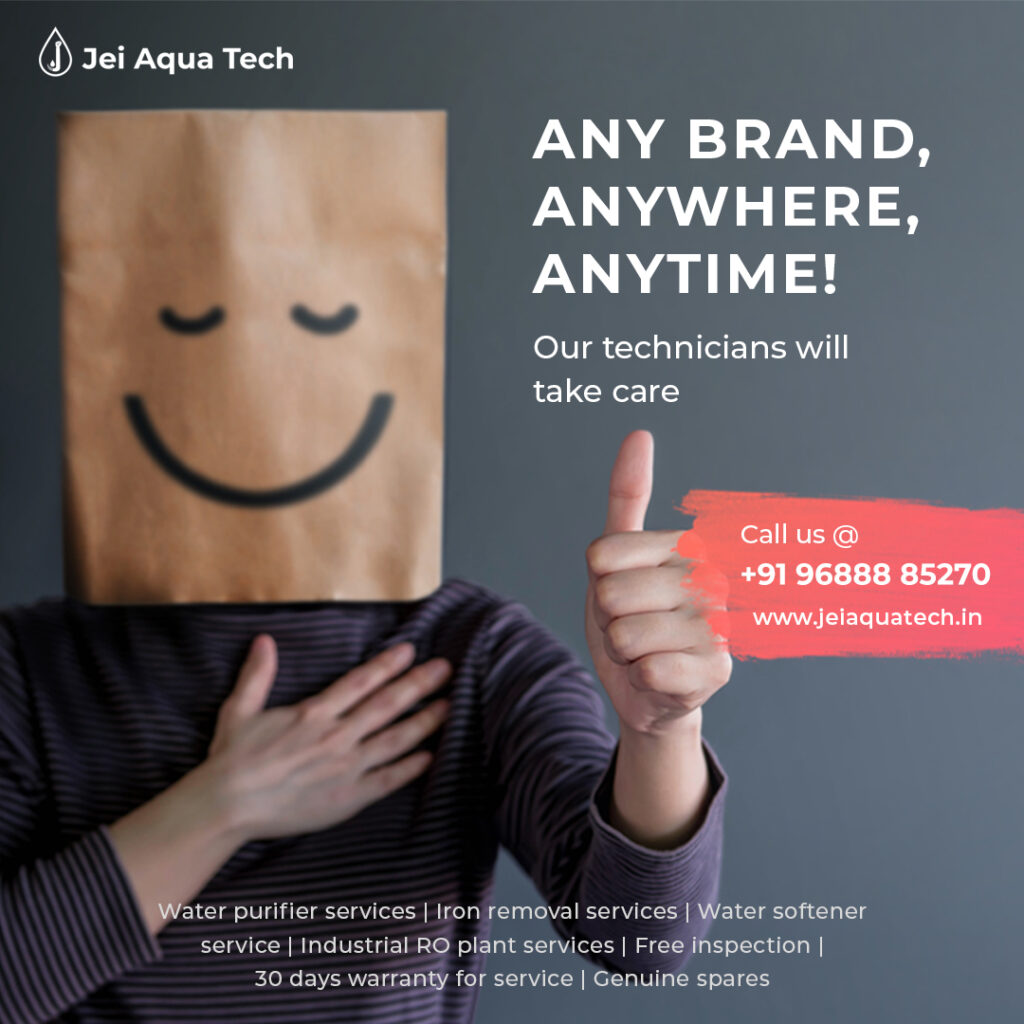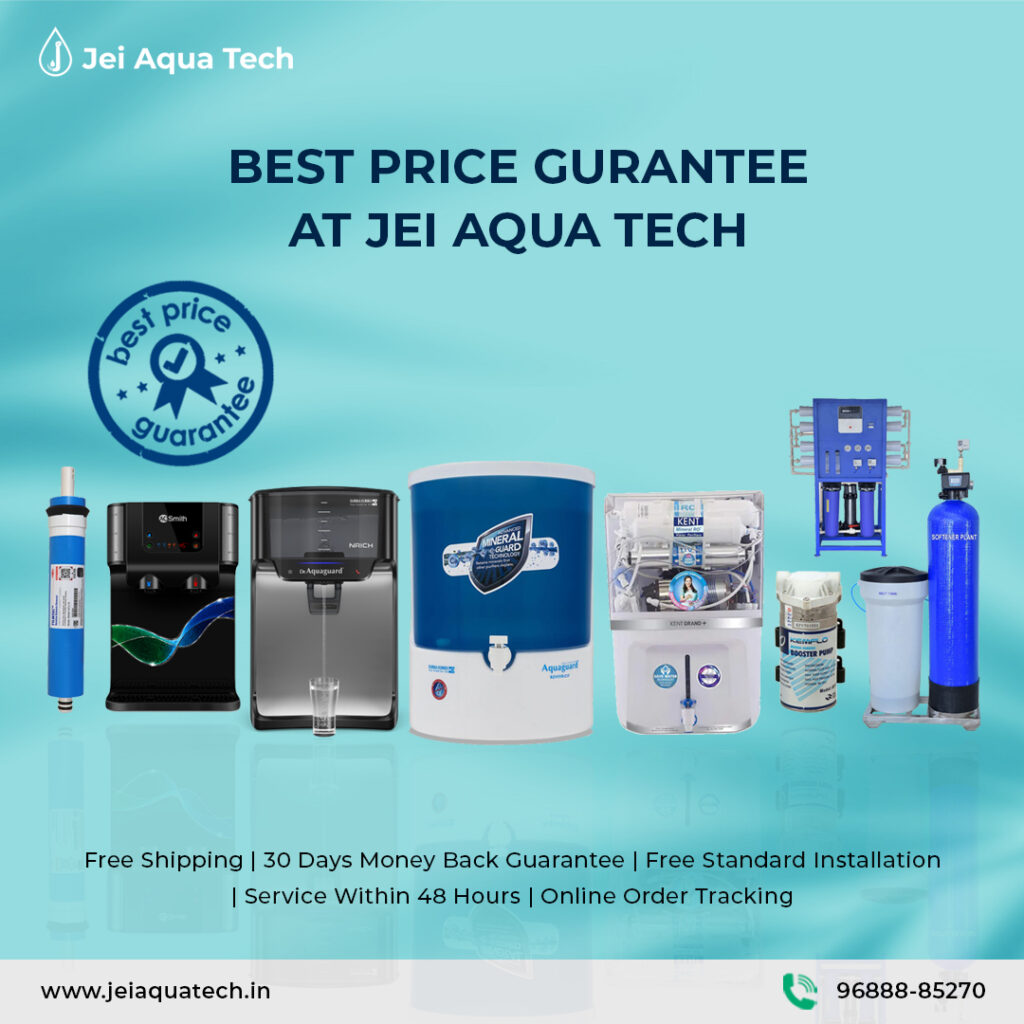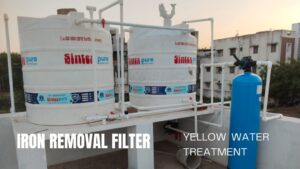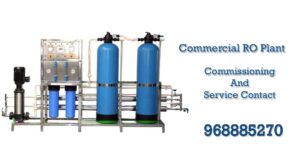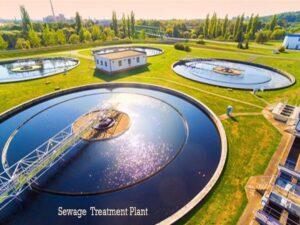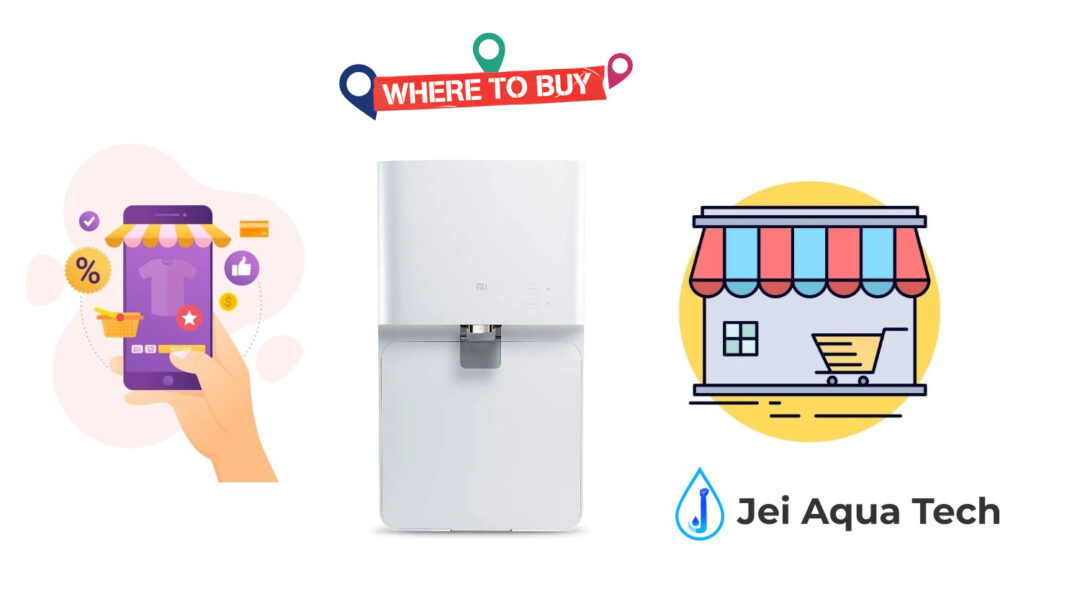
Where to buy water purifier? What water purifier should I buy? Should I buy RO or UV water purifier? If you’re like most people, you probably wondered this while choosing an RO water purification system for your home. Should I consider purchasing it online? Or at a local dealer, or in a big-box store like Croma, Sathya, or Viveks?
Some of us would spend time evaluating all the available options, such as pricing, delivery time, ease of installation, and rewards programmes that could be applied to the purchase. Most of us, though, either didn’t care or didn’t take the time to compare them all.
When our service engineers travel to a customer’s location to perform RO maintenance, these are some common question they face. Consequently, the RO experts here at Jei Aqua Tech have opted to answer these questions by analyzing and comparing all the available choices, regardless of whether doing so will help Jei Aqua Tech directly or not.
First, let’s discuss the necessity of water purification systems in the home and how important they really are.
Why should drinking water be purified?
Having access to clean water is an essential component of human survival. But as urban development has degraded natural systems, water has become progressively polluted with chemicals, filth, pollutants, and an unpleasant taste. These toxins could be dangerous, especially if they cause water-borne diseases like cholera.
To maintain a healthy ecosystem, we must ensure that everyone has access to clean, pure, and safe drinking water. Nonetheless, the increasing population and the deteriorating state of the environment have further contaminated the water, which in turn has a negative impact on human health.
In this case, RO purification (Reverse Osmosis) is the only option, as doing so eliminates potentially hazardous substances and improves the quality of the water. Water purifiers remove harmful substances in raw water. Consequently, it is crucial in the present era to understand the methods of water filtration to guarantee the safety of (potable) drinking water for oneself and one’s loved ones.
Now, there comes the dilemma of finding which is the best water purifier for home use and where to buy it. First, let’s look at the online option.
Purchasing water purifiers online
Water purification technologies are constantly evolving. Consumers are confused when attempting to choose a water purifier because of marketing buzzwords like “RO + UV + UF + TDS,” “Eco Mineral RO,” “Active Copper & Zinc Booster,” “7-stage Filtration,” “Digital Display,” “Long Filter Life,” “Multistage Purification Process,” “Zero Water Wastage Technology,” “NSF & CE certifications,” and so on. They didn’t know what kind of water purifier they really needed, or it was hard for them to find out.
So, people buy water purifiers online for a plethora of reasons, such as media exposure, brand recognition, discounts, and peer influence. However, they neglected to examine the technical parameters and total dissolved solids (TDS) level of the water at their home.
When deciding on a system for purifying water at home, the TDS level is important. Knowing these basics before shopping for an RO system can help consumers save a significant amount of money and avoid making a poor purchase decision.
For instance, a standard universal (UV) water purifier would be adequate if the TDS level in your home water is less than 500 ppm (parts per million). The cost of a standard UV water purifier is around ₹8,000 to ₹10,000, but the cost of a high-end one that includes RO, UV sterilization, UF filtration, and TDS reduction often starts at around ₹20,000. The maintenance cost is also high.
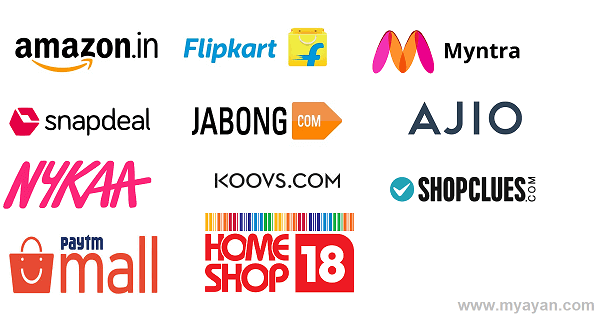
You don’t have to pay double for a water purifier just because Amazon is having its Great Indian Festival sale. Still, you could find a better deal there if you know which water purifier is best for you. Convenience features such as doorstep delivery and same-day installation are advantageous aspects of online shopping. Additionally, banks frequently provide discounts of ten percent during festivals.
Don’t use e-commerce sites to choose a product. Instead, choose the product you want and order it. Don’t forget to look at the seller’s profile and make sure the website you order from is reliable.
Buying a water purifier from retail shops
We all know how a retail outlet works. They buy in bulk from the manufacturer and add their own costs (operational costs plus a profit margin) to the price, which is why the end consumer pays more. Unfortunately, this is the nature of the supply chain. Retail shops on our street are successful because they are convenient, easy to get to, and, in certain cases, because customers have a positive emotional connection to the store’s management or sales staff.
Consumer losses are possible if a salesperson makes misrepresentations or lacks enough product knowledge. When asked for advice on which RO system would be ideal for our needs, the salesperson won’t have any useful information to offer. Still, with sales goals in mind, they provide an explanation of the catalog’s contents.
If a brand’s showroom is conveniently located near you, it is recommended that you make your water purifier purchase there instead of at a retail store.
Purchasing water purifiers from local vendors/dealers
Even though we are all aware of the significance of government certifications and well-known brands, the fact remains that 60-70 percent of India’s water purification demands are met by assembled (customized) RO machines.
Local vendors have a competitive advantage in the market since they are more easily accessible, have lower prices, and it is quicker to get replacement parts from them. Customized RO maintenance costs are significantly less than those of branded water purifiers.
The branded water purifier cannot be tailored to the customer’s specific needs. This is another strong case for choosing local merchants.
Small and medium enterprises, such as Jei Aqua Tech, provide RO service at doorstep within two hours, which is extremely difficult to obtain from well-known manufacturers. Since they lack physical service facilities in India, clients are assisted by help desk personnel, resulting in longer turnaround times for support requests.
Purchasing water purifiers from a local vendor or dealer is a smart idea because they have a fair bit of product knowledge and are familiar with the situation on the ground. They can come to your home, check the water hardness level, and suggest the best RO for you that won’t give you a lot of trouble.
How to Buy a Water Purifier
How to choose water purifier: finding the right and absolute RO UV UF water purifier is a bit confusing. So, here follows the list of the things that you must keep in mind while choosing the water purifier for your home:
First, check to see how hard your home’s water is and if it has any harmful substances in it, like iron, calcium, potassium, or chloride.
Find out whether you have soft water or hard water. Soft water is between 150-300 ppm TDS (dissolved impurities), while hard or polluted water is beyond 500 ppm.
The source of water determines the quality of the water. Borewell or groundwater has high TDS and may contain lead, arsenic, etc. Lakes, rivers, and rainwater have lower TDS levels than bore well water.
Choose an RO water purifier if your TDS control is above 500 ppm.
If the TDS is below 500 ppm, a well-designed UV purifier will work.
If you have both ground and surface water, a “smart” purifier with sensing technology will work.
Using an RO water purifier with low TDS levels, under 200 ppm, may be harmful to your health since essential minerals and salts are removed.
Incoming water pressure influences which filter to use. Water purifiers typically require a pressure of 5 PSI to 40 PSI (pounds per square inch). If you live on the 8th floor of a 10-story building, your water pressure is likely 10PSI, because every 10 feet from the top is 5 PSI. The first floor tap pressure is 45 PSI. In that situation, you’ll also need a pressure-reducing valve.
The water purifier should be near a water supply and an earthed electrical outlet. The purifier should be 3 feet from the water/electric point.
Final thoughts
Due to globalization and technological advancement, the retail price of any brand of water purifier is the same on e-commerce websites, with local dealers, and in stores.
Despite the set retail price of the product, not even the manufacturers can offer the lowest price through their website. Therefore, before making a purchase decision, it is advisable to get the opinion of an expert. Inspection and testing for water hardness will cost a modest sum but will save you a significant amount of time and money in the long run.
Overall, the best place to buy a water purifier depends on the individual’s or family’s budget, quality expectations, and capacity needs.

